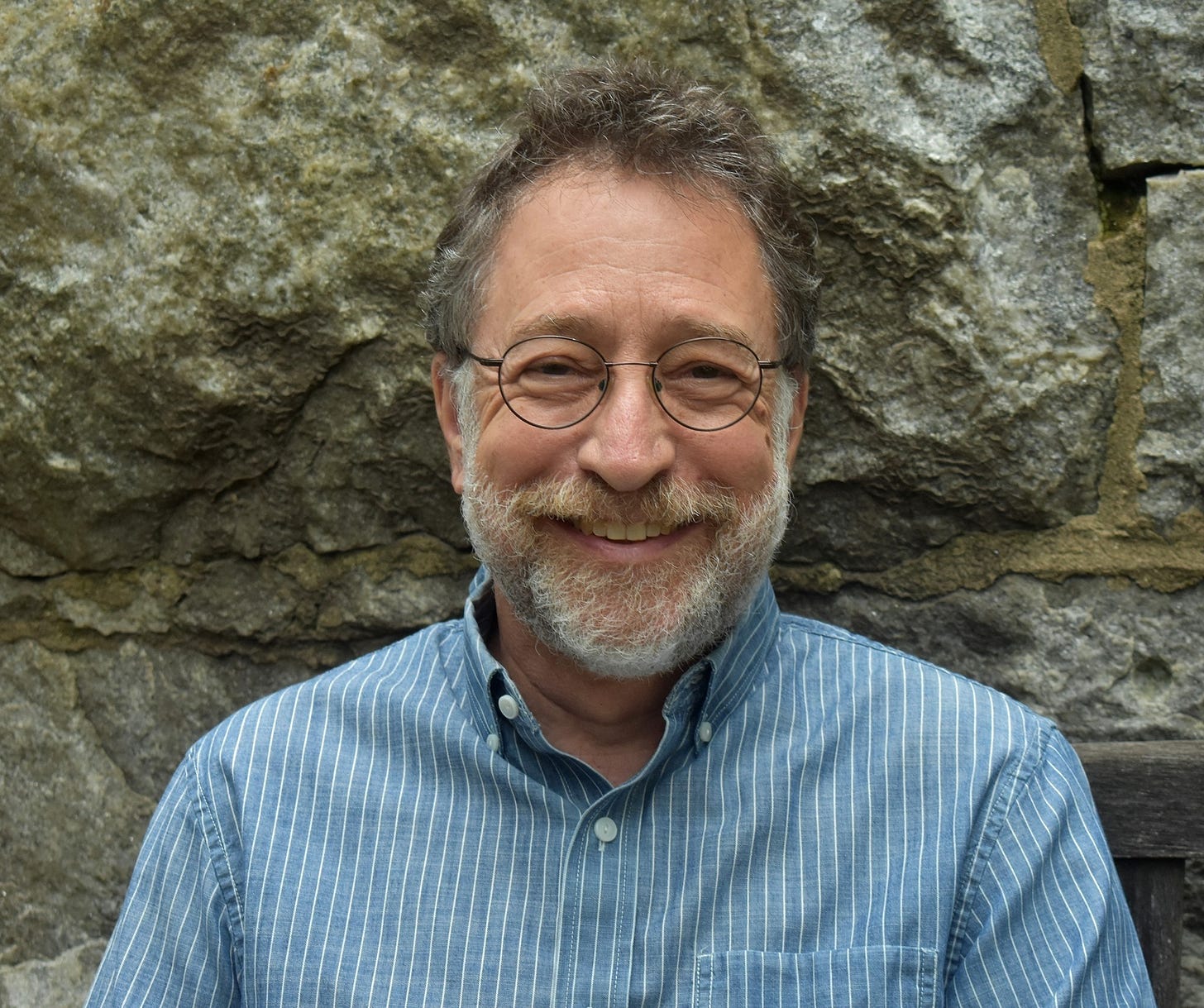A writer’s home is a sacred place. Pilgrims travel through New England to worship at Mark Twain’s tower billiards room in Hartford, Ralph Waldo Emerson’s rocking chair parlor in Concord, or Emily Dickinson’s bedroom retreat in Amherst. To readers they are places of magic, consecrated by acts of literary creation. This is where stories come from, after all—the characters and events and ideas that spoke to us, inspired us, and transformed us. Walking up the Collinsville Green to David Leff’s beautiful 1847 Greek Revival house, I can feel that magic tingle on my scalp. Leff’s book The Last Undiscovered Place is one of my favorites, and he is without question one of the most interesting authors working in New England today, combining history, nature, and culture in a way few can. Behind the house at the base of a hill is his garden, which he enjoys pottering around every summer. Inside, the rooms are small but serviceable, filled with the sound of his daughter’s twittering birds and the r…
© 2026 Wayfarer Magazine · Privacy ∙ Terms ∙ Collection notice
Substack is the home for great culture



